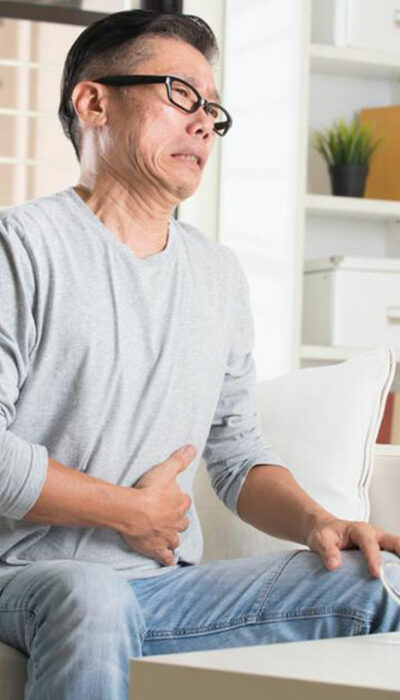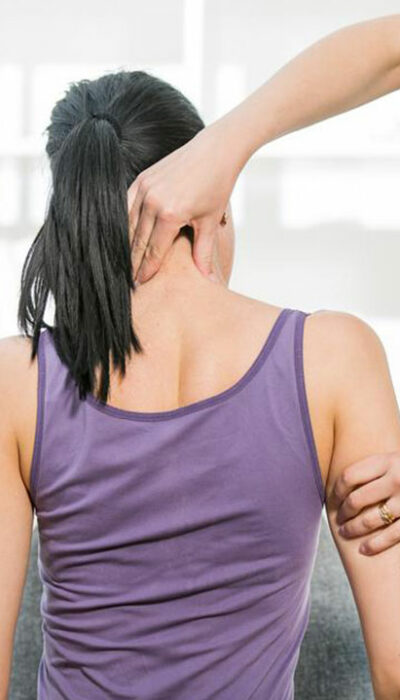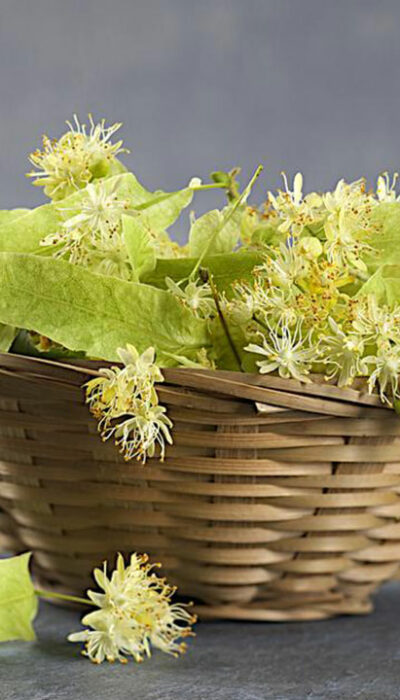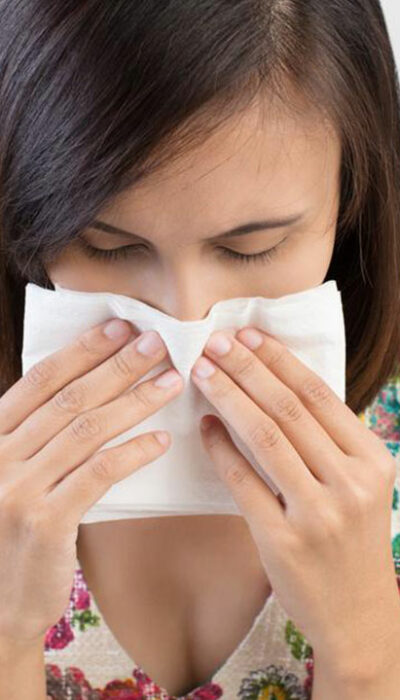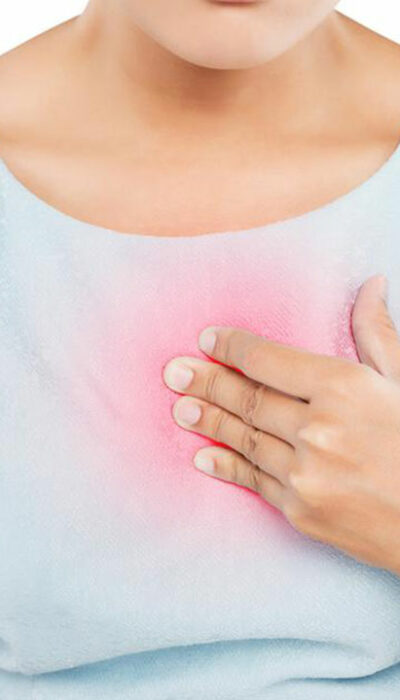
Neuropathy Treatment and Management
Affecting 8% of the population who are over 55 years of age, neuropathy is not one single disease but a condition that results due to disruption or damage to peripheral nerves. Experienced as burning or shooting pain, it is often chronic. There are different neuropathy treatment options which depend on the type of symptoms, and the affect neuropathy has on three types of peripheral nerves. The human nervous system comprises of central nervous system and peripheral nervous system. Peripheral nervous system is responsible for transmitting or transferring messages between the brain, spinal cord and rest of the body. Peripheral nerves are responsible for regulating a large range of functions including voluntary muscle movement, automatic organ activity and the perception of stimuli. Pain or burning sensation is due to malfunctioning or damaged nervous system. Causes of Neuropathic Pain Either genetic or acquired later in life, neuropathic pain usually cannot be pointed towards a particular cause. However, some causes can be said to give birth to neuropathic pain. These include alcoholism, amputation, diabetes, facial nerve problems, kidney disorder, chemical imbalance caused due to liver problems, Toxins from exposure to heavy metals, thyroid problems, syphilis, shingles, multiple sclerosis, cancers and tumors, chronic inflammation, blood vessel damage and blood diseases, and other hormonal imbalances that affect metabolic processes. Symptoms of Neuropathic Pain There are a variety of symptoms that indicate damage or malfunctioning of peripheral nervous systems. Neuropathic pain symptoms include: Nausea and vomiting coupled with dizziness Tingling and numbness Abdominal bloating after meals Shooting and burning pain Difficulty in urinating or constant feeling that the bladder is not emptied properly. Constipation or diarrhea Erectile dysfunction (impotence) in men Decreased ability to sweat or heat intolerance Distorted vision Low blood sugar levels (hypoglycemia) Diagnoses of Neuropathic Pain There are physical exams conducted by doctors to diagnose the cause of pain, and accordingly, neuropathy treatment is suggested.




